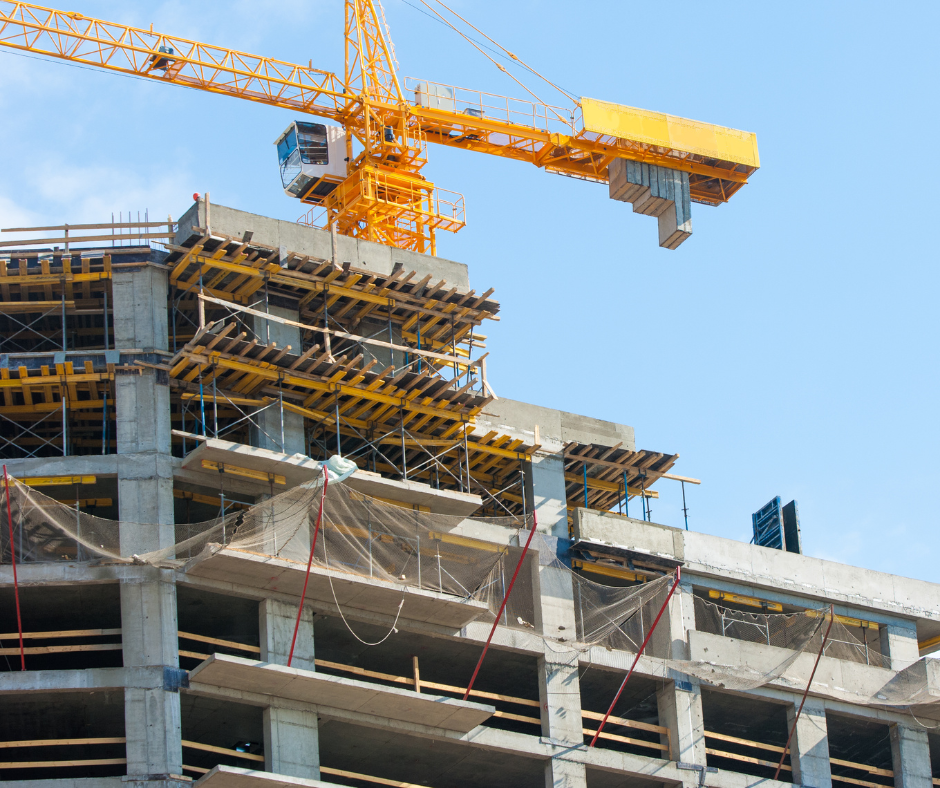Many buildings, from massive skyscrapers to modest residences, are built with concrete, which is sometimes referred to as the unsung hero of the construction industry. Building professionals all across the world choose to use it because of its strength, resilience, and adaptability. But what exactly makes concrete the cornerstone of high-quality construction services? Let’s examine why this substance is still so important in today’s construction sector.
Application Flexibility
Concrete’s adaptability is one of its biggest benefits. Its ability to take on any shape enables engineers and architects to realize their most creative ideas. Concrete is flexible enough to meet the demands of any project, be it a straightforward sidewalk or an intricate architectural masterpiece. Concrete can also be personalized with various textures, colors, and finishes, which adds to its visual appeal.
Unbeatable Strength and Power
The remarkable durability of concrete is well known. It is perfect for creating structures like highways, bridges, buildings, and other infrastructure that must withstand extreme weight and pressure after it has cured. Unlike other materials that could deteriorate or weaken over time, its strength grows. Because of this, concrete is a dependable material for sturdy constructions that give builders and inhabitants peace of mind.
The Benefits of Environmentally Friendly Energy Use
Concrete stands out for its environmental advantages and energy efficiency in a time when sustainability is becoming more and more important. Because of their superior ability to absorb and hold heat, concrete buildings can save money on heating and cooling. Concrete is also frequently composed of recycled materials, and because of its endurance, fewer resources are needed for replacements or repairs. Greener building techniques are being made possible by innovations such as the use of carbon capture in the manufacturing of concrete.
Affordable Alternative
Concrete is inexpensive in addition to being robust and adaptable. Cement, water, and aggregates are its basic resources, all of which are reasonably priced and easily accessible. For large-scale constructions, this makes concrete an affordable choice. Moreover, the durability of concrete constructions results in fewer maintenance and repairs over time, which adds to overall cost savings.
Minimal Upkeep
Concrete’s minimal maintenance needs are one of the fundamental factors that make it the foundation of high-quality construction services. Concrete maintains its strength with little maintenance, in contrast to other materials that could need regular painting, sealing, or other care. This enables more effective resource usage and lowers the long-term expenditures related to a building’s lifecycle.
Security and Resistance to Fire
Since concrete naturally resists fire, it is a safer material for buildings, particularly in regions where wildfires or other fire threats are common. When exposed to high temperatures, concrete does not burn, melt, or create harmful vapors like wood or steel does. This feature protects the building’s contents as well as its people, improving a structure’s overall safety.
Encouragement of Infrastructure Development
Strong infrastructure is becoming more necessary as cities and communities expand. Concrete is used extensively in the construction of roads, bridges, tunnels, dams, and other vital infrastructure elements. Its importance in infrastructure development cannot be emphasized because it meets the demands of millions of people worldwide in terms of electricity, water, and transportation.
Adaptability to Natural Events
Concrete buildings are more resilient to natural calamities such as hurricanes, floods, and earthquakes. Concrete is the best material to use for construction in these locations because of its inherent strength and capacity to be strengthened with steel. Concrete constructions have a higher chance of withstanding natural disasters’ pressures, saving lives, and lessening their financial toll.
Closing Remarks
For high-quality construction services, concrete is the material of choice because of its unmatched resilience, flexibility, affordability, and safety. A plethora of sturdy, tall structures can be seen throughout the world, demonstrating its influence on the built environment. Concrete will always be an essential component of construction projects as long as it can withstand changes in the weather and continues to be a durable building material for our infrastructure and structures.

